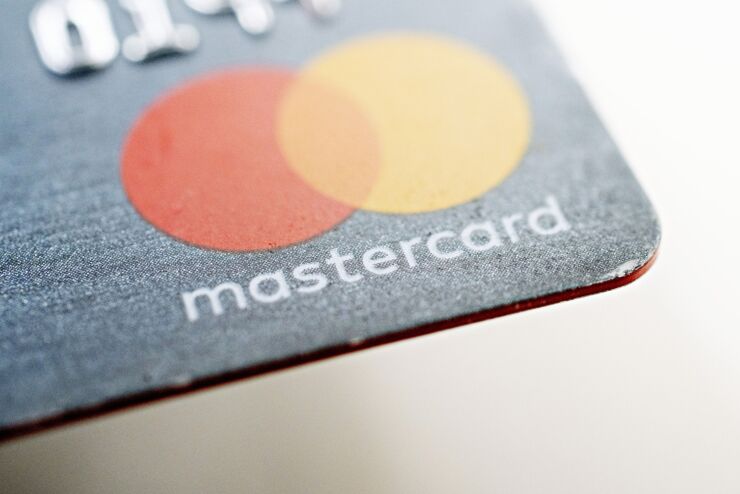Mastercard is making the much-admired Apple Card-like experience—nearly instant access to a payment card issued on the spot through a mobile device—available through mainstream and digital card processors.
The Purchase, N.Y.-based card network
Now processors including FIS, Fiserv, TSYS, Galileo, Marqeta, i2c and PTS are adopting Mastercard’s tokenized Digital Card First Program for their card issuers, Mastercard said in a Wednesday press release.
The move comes about a year after the

Apple Card was first announced in March 2019 and it has been a hit with credit card customers, according to Goldman Sachs and Apple, though the companies have not disclosed the number of accounts or their card volume.
Significantly, Apple Card emphasizes a mobile payment experience because its features are concentrated within the app. The optional physical card doesn’t have NFC contactless payment technology.
Like the Apple Card, physical credit cards issued through Mastercard’s Digital Card First Program will not have a printed account number, card verification number or signature, Mastercard said. The program supports streamlined issuance of credit, debit and prepaid cards.
Issuers may customize their own credit terms, rewards programs and the color and appearance of physical cards, so each bank’s approvals and use may not be exactly like Apple Card, but the Digital First platform supports the same features.
Apple Card offers 3% cash back on Apple Pay purchases; instant cash-back rewards on purchases made at merchants including Walgreens, Uber Eats, ExxonMobil, Panera Bread and T-Mobile; and zero-interest installment loans on on many Apple products.
Mastercard has slowly been expanding its digital-first platform, including extending it to Samsung earlier this year. Samsung, in a partnership with SoFi, is using Mastercard’s Digital First technology to power





